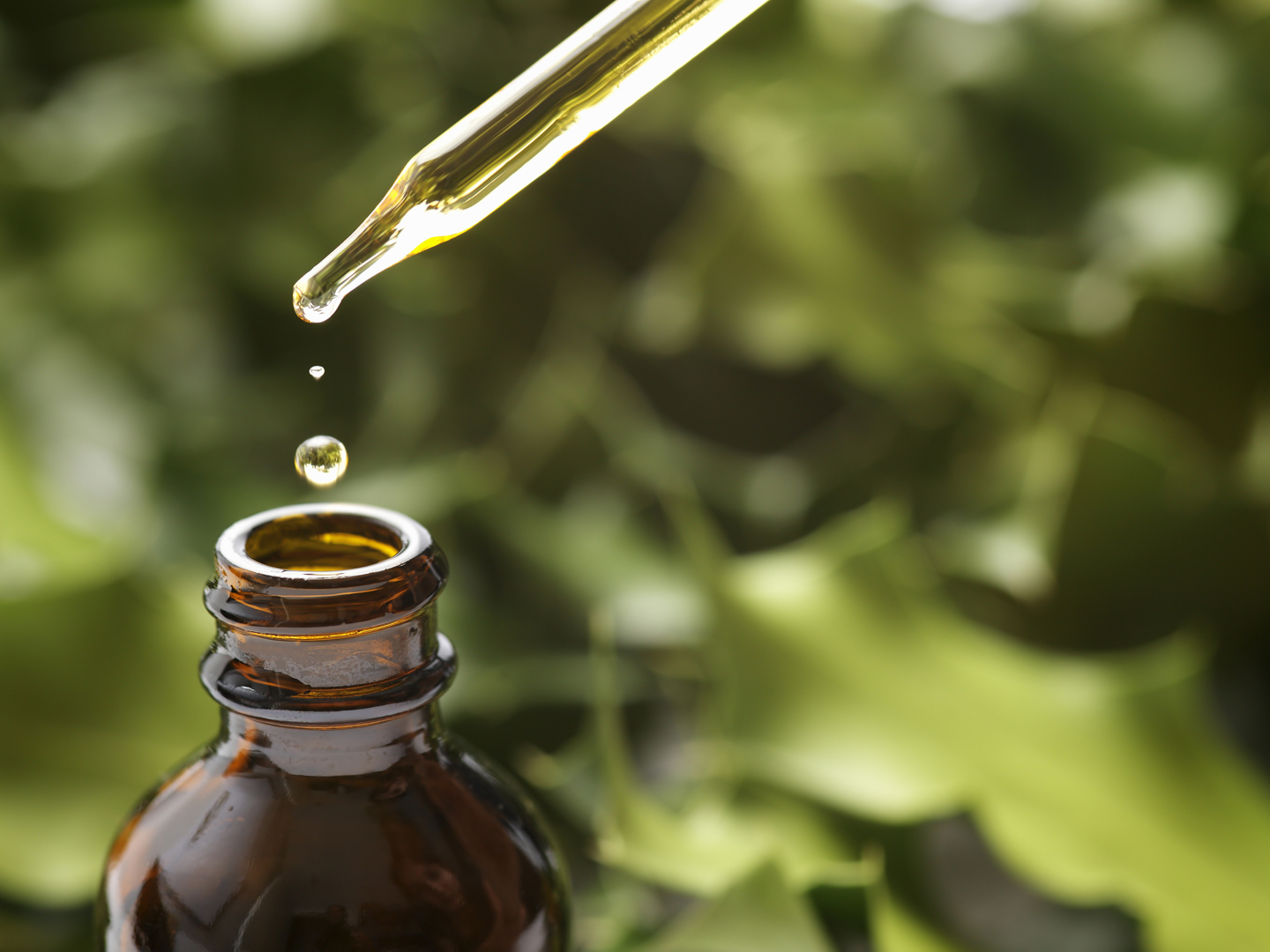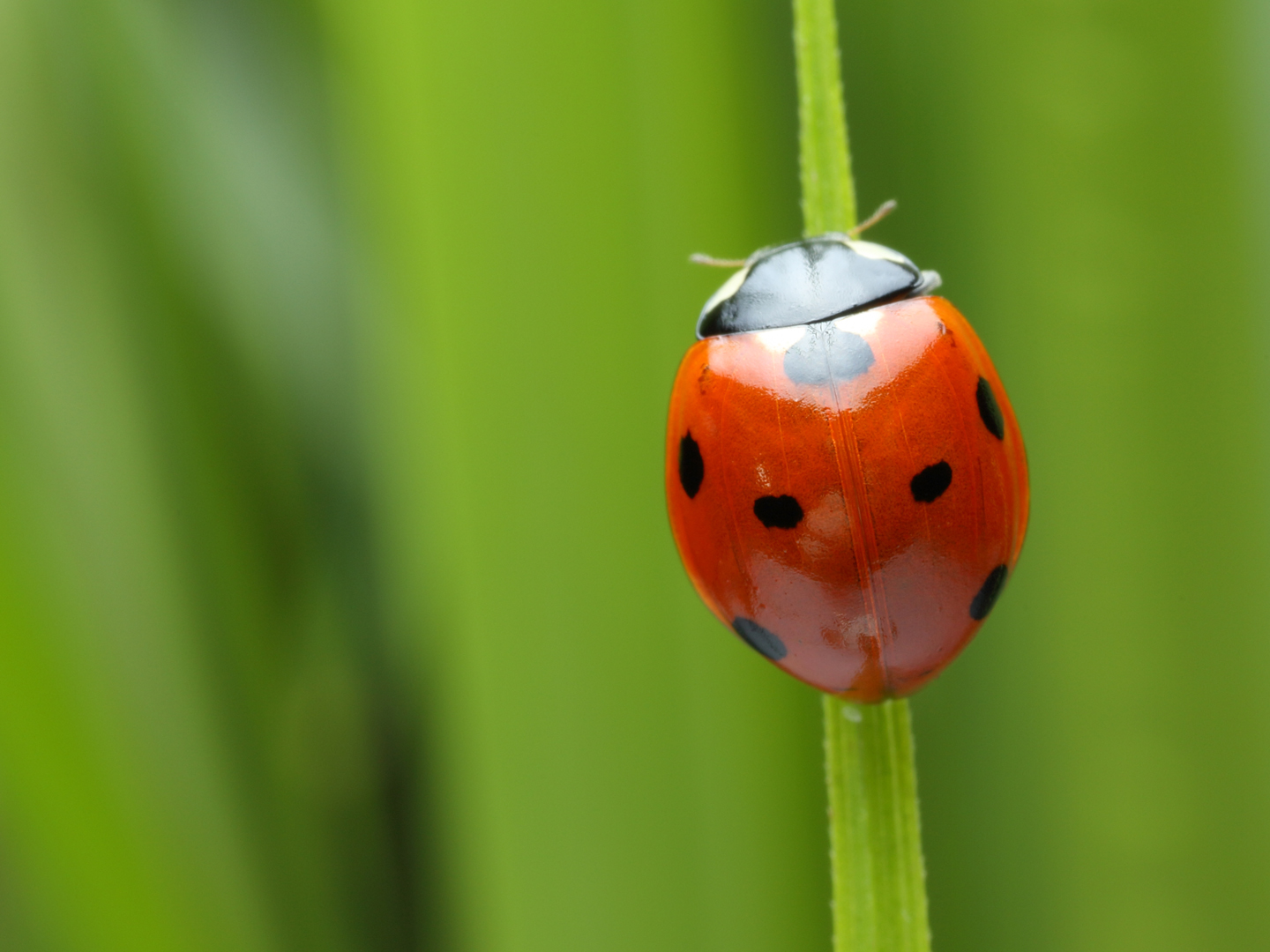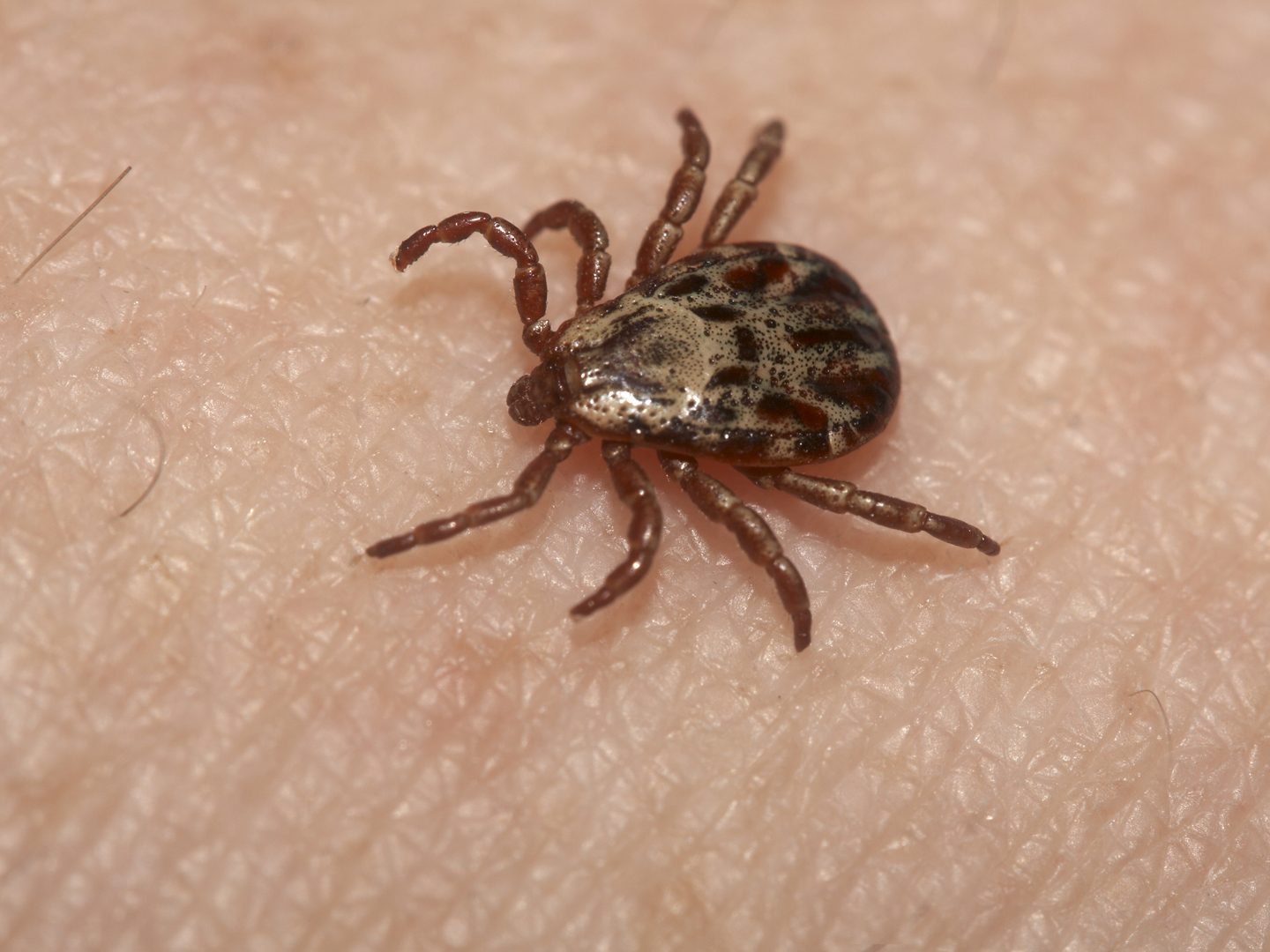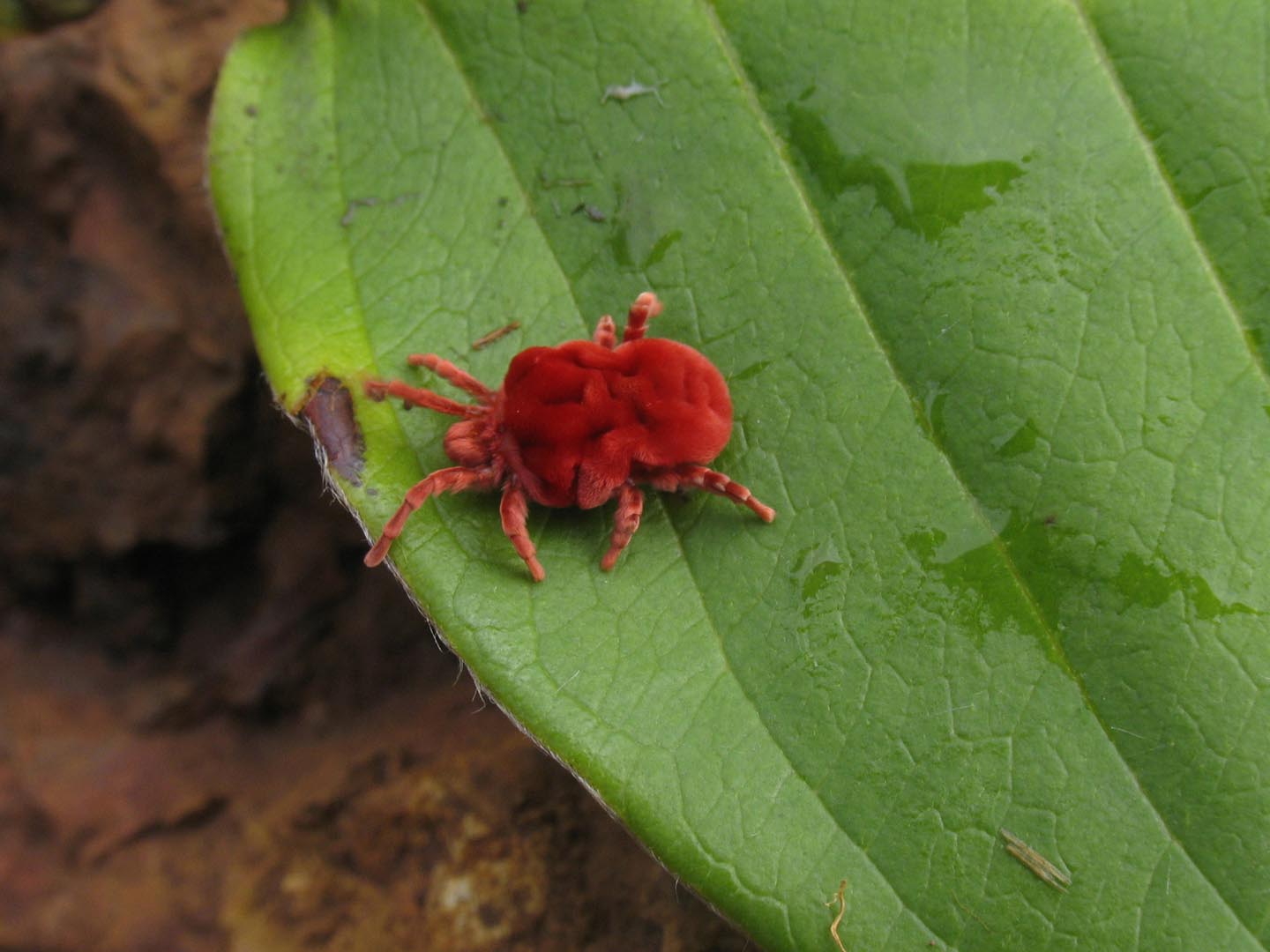Treating Ringworm With Tea Tree Oil?
Is it safe to use tea tree oil while breastfeeding? I would like to use it to treat ringworm.
Andrew Weil, M.D. | August 5, 2008

Tea tree oil is extracted from the leaves of Melaleuca alternifolia, a tree native to New South Wales in Australia. Aborigines chewed the leaves for colds and drank a tea made from them for general sickness. The oil is a powerful natural germicide, very useful as a home remedy. It is a clear, yellowish liquid, strongly aromatic, with an odor similar to that of eucalyptus.
Tea tree oil is quite effective for treating ringworm and other fungal infections of the skin (athlete’s foot, jock itch) and nails. You just paint the oil on affected areas two or three times a day. It also treats boils and other localized bacterial infections, for which you can apply it full strength. A 10 percent solution (about one and a half tablespoons to a cup of warm water) can be used to rinse and clean infected wounds with good results. The same solution makes an effective vaginal douche for treatment of both yeast and Trichomonas infections, although some women may find it irritating.
You can also use it to kill mold and mildew on kitchen and bathroom surfaces instead of chemical products. Add some to vinegar/water solutions for its antibacterial properties. To clean countertops and tile floors add 50 drops to a bucket of water.
Tea tree oil is nontoxic, and, yes, it is safe to use externally while breast-feeding, although not on the breast where the baby will be nursing. You can buy tea tree oil in most health-food and herb stores. Make sure that the label says it is 100 percent pure, and dilute it appropriately.
Andrew Weil, M.D.









